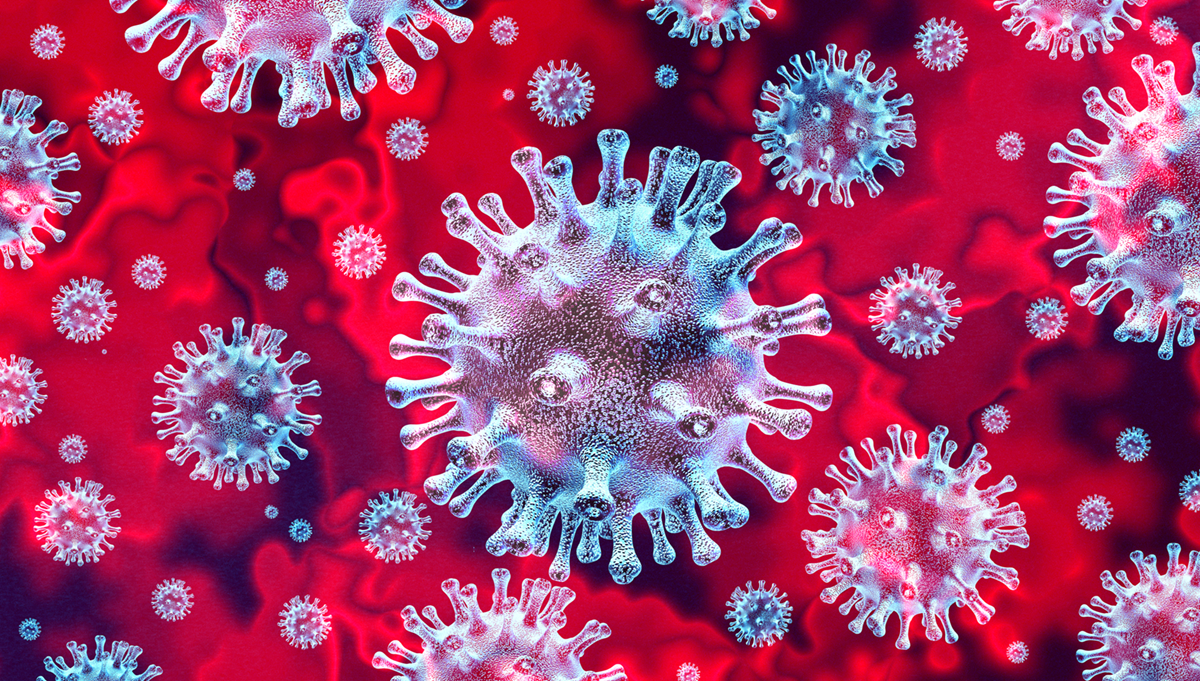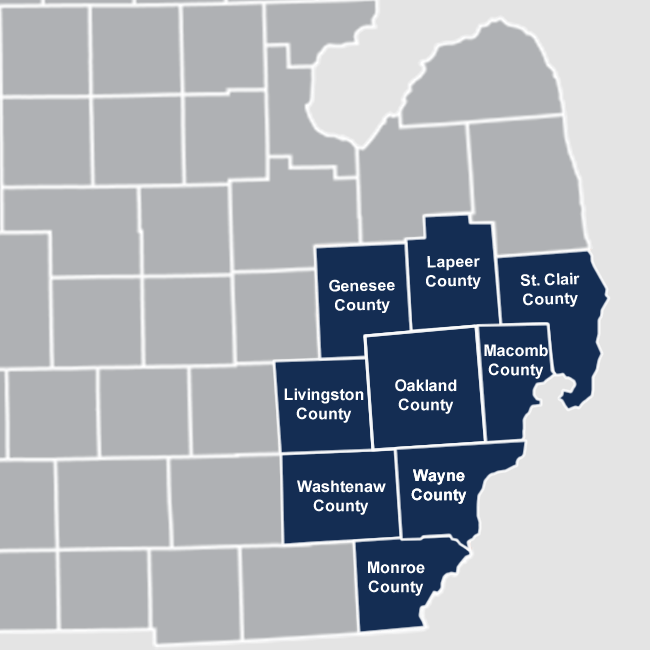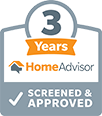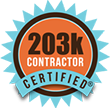Mold damage remediation is more personal than you think. You could be a mold spores carrier.
Do you remember Mary Mallon, aka Typhoid Mary? Mary, an Irish-American cook was the first person in the U.S. to be identified as an asymptomatic carrier of the Typhoid bacteria. Mary spread the disease easily due to her lack of personal hygiene and through her vocation as a cook. She is presumed to have infected at least 51 people, three of whom died.
While Typhoid is of rare concern in industrialized countries today, mold most certainly is. Mold spores can be carried much in the same way that Mary carried the Typhoid bacteria, in fact, your person and your household belongings can be carriers. If your home has mold it is very likely that the mold spores have spread due to everyday activities such as vacuuming, dusting, or simply brushing up against an area where mold spores exist. Once spores are scattered, the contaminants can end up on everything due to the natural movement of the air.
Studies by the Institute of Medicine (IOM) found that indoor exposure to mold was linked with upper respiratory tract symptoms such as wheezing, and cough in otherwise healthy individuals. Mold spores travel through the air via circulation and can literally attach to almost anything, transferring from place to place affecting those who suffer from asthma, COPD, or allergies.
It is common for people who have mitigated the mold in their home to continue to cross-contaminate the environments they visit again and again simply by not properly cleaning their person, clothing, and other contents within the environment that are carriers of the spores. For this reason, it is important to use EPA registered products to clean surfaces, disinfect, and kill germs and to use them properly.
Remember, if you move from one space to another carrying mold spores, via a vacuum, your person, dust mop, rags or other item, you can potentially contaminate the other space. Be sure to replace filters in vacuum cleaners and any portable air filtration devises before using them again and wash clothing or other textiles in affected area to prevent further contamination.
If you suspect a mold problem in your home or business in southeast Michigan, call the experts in mold remediation. Advance Restoration—We’re there when you need us.



![[iss_alt_text_page_title_city_state_abbr]](https://advancerestorations.com/wp-content/uploads/2019/01/Mold-on-wall-corner.jpg)

![[iss_site_name_city_state_zip_code]](https://advancerestorations.com/wp-content/uploads/2019/03/Leaking-Ceiling-Repair-Services-2000x1200.jpg)













